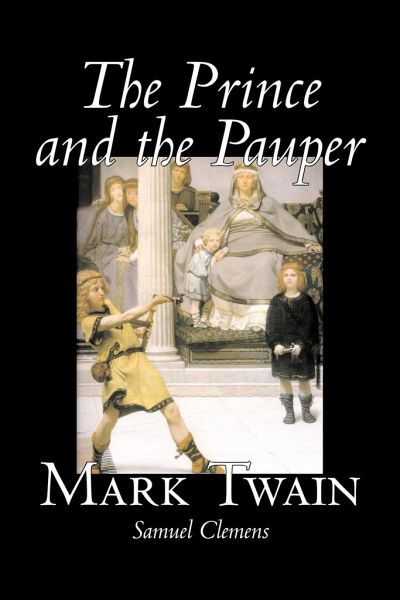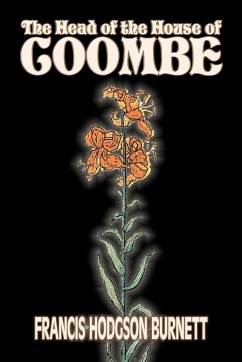
The Prince and the Pauper by Mark Twain, Fiction, Classics, Fantasy & Magic
Versandkostenfrei!
Versandfertig in 1-2 Wochen
14,99 €
inkl. MwSt.

PAYBACK Punkte
7 °P sammeln!
Twain's story has been adapted and, er, borrowed from so often and so freely that you're probably familiar with it even if you've never read of it: a prince of sixteenth-century England meets his double in the slums of London. The two swap clothes -- and lives. Complications ensue. Tom Canty, the urchin, learns how luxury and power can become the death of a man, while his dopplegnger roams his kingdom, learning first hand of the cruelty of the Tudor monarchy. . . . "Twain was . . . enough of a genius to build his morality into his books, with humor and wit and -- in the case of "The Prince and the Pauper" -- wonderful plotting." -- E.L. Doctorow













